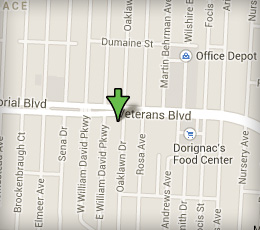When a loved one passes away, it’s important to know the difference between testate and intestate. Knowing this important distinction will help guide you through the process of handling their estate.
When a Decedent passes away, he/she may do so testate, which means they have drafted and executed a valid Last Will and Testament according to the laws of the State of Louisiana. They may instead do so intestate, where they are without an executed and valid Will.
If one dies intestate, then all probate assets are distributed according to the Laws of Intestacy of the State of Louisiana as set forth in Louisiana Civil Code Articles 880, et. seq. (see http://nolalivingwill.com/what-happens-if-i-die-without-a-will/ for order of heirship).
Whether one passes away with or without a valid Last Will and Testament may affect both the complexity as well as the choice of procedure to open a succession. For example, without a valid Will the Decedent foregoes his right to appoint an executor for his estate. This burden is subsequently placed upon the heirs of the Decedent to decide who should be chosen as administrator. If there is any argument involved in making the choice of who is to be executor, the ultimate decision lies with the District Court of the Parish where the Decedent resided.
Ultimately, much autonomy is sacrificed when a Decedent has failed to execute a valid Will. It is easy to avoid succession when you have a Will in place that allows you to clearly choose an executor so that heirs can inherit property according to your final wishes.
If you’d like more information on how to have your will prepared, contact the Law Office of Ryan S. McBride today for a free consultation. We will go over your specific situation and decide on what options will work best for you.
Contact us now at 504-265-1705 or via our online form.


